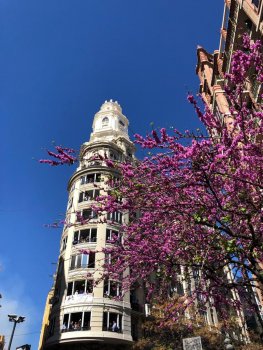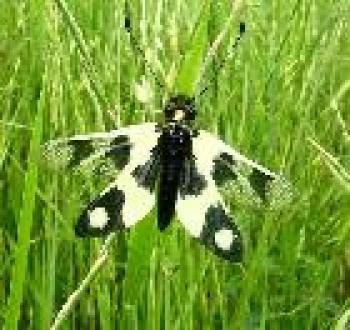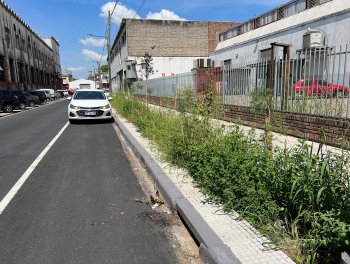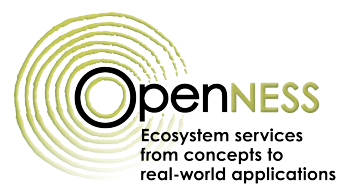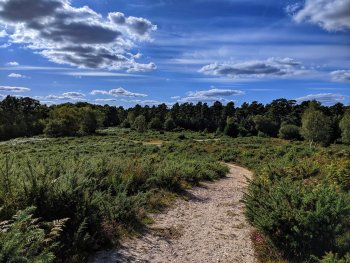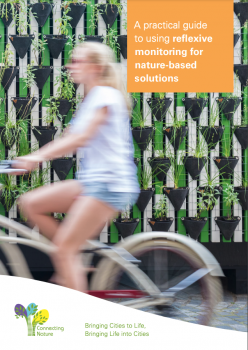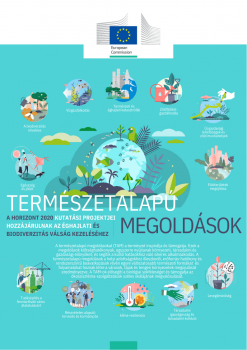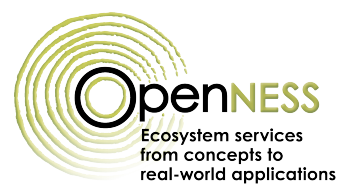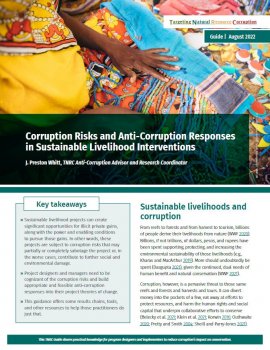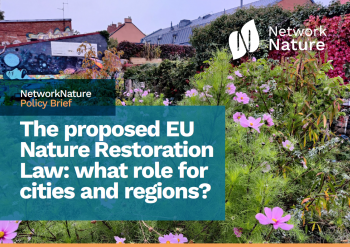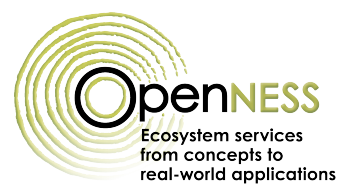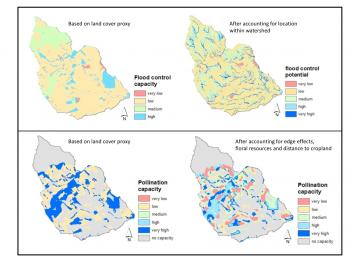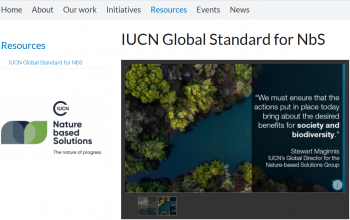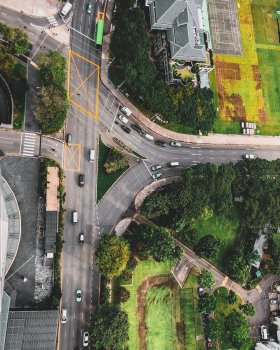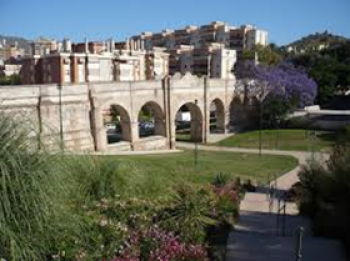Marketplace
URBAN GreenUP Barriers and Boundaries Identification
This deliverable investigates the experiences and approaches of the URBAN GreenUP cities with the identification of the barriers and boundaries in terms of implementation of Nature-Based Solutions. It provides detailed descriptions of potential barriers and boundaries under the following
The Ecoregions of Italy
In Italy, ecoregion classification, based on detailed scientific data, represents a framework that is used to effectively address national strategies for sustainability and harmonise landscape planning according to European policies (Habitats Directive; European Landscape Convention; Pan-European
Capturing the Values and Making the Business Case for Nature-Based Solutions - a step by step guide
This guide is designed to facilitate Nature based solutions adoption in urban areas by leveraging the economic value and countless benefits (also referred as ‘’non-monetary values’’) NBS have on communities and ecosystems. By providing step-by-step instructions and tools for capturing and
Georgian Biodiversity Database
This internet resource aims to introduce the world-wide scientific (and not only scientific) community to the biological diversity of Georgia (and, to certain extent, the Caucasus ecoregion).
Conexus Life-Lab Factsheet Series: Francia Street Rain Gardens: SuDS Implementation
The Municipality of General San Martín (MGSM), Buenos Aires, led a project to build linear Rain Gardens (RGs) along Francia Street as part of a Sustainable Urban Drainage System (SuDS) to manage stormwater. As a novel technology for the region, the RGs proved to be cost-effective and socially
4C Transitions
Methodology for planning and realising inclusive local transition activities.
OpenNESS Glossary
This glossary was developed to provide some working definitions of terms related to ecosystem services and natural capital and their applications so that they could be 'tested' in the context of OpenNESS. The aim of OpenNESS is to operationalize the concepts of Ecosystem Services (ES) and
Financing Natura 2000 - EU Funding Opportunities in 2021-2027
The document is designed to help improve the uptake of EU funds for biodiversity and in particular for the management and restoration of Natura 2000 sites in the current multiannual financial framework (MFF). The guide analyses possibilities of financing investments in Natura 2000 from different EU
A practical guide to using reflexive monitoring for nature-based solutions
Reflexive monitoring is a method developed to monitor and evaluate transformative solutions. It is based on transition theory and helps you to navigate the complex and unpredictable nature of non-linear and multi- actor processes. It will prove very useful for the implementation of large-scale
A Horizont 2020 kutatási projektjei TAM projektjei
A természetalapú megoldásokat (TAM) a természet inspirálja és támogatja. Ezek a megoldások költséghatékonyak, egyszerre nyújtanak környezeti, társadalmi és gazdasági előnyöket, és segítik a külső hatásokhoz való sikeres alkalmazkodás. A természetalapú megoldások a helyi adottságokhoz illeszkedő,
OpenNESS Synthesis paper: Ecosystem services and social justice
Understanding how changes in ecosystem services (ES) and natural capital (NC) impact on issues related to competitiveness and social justice.
Anti-Corruption Guide for Payment for Ecosystem Services
Sustainable livelihood projects can create significant opportunities for illicit private gains, along with the power and enabling conditions to pursue those gains. In other words, these projects are subject to corruption risks that may partially or completely sabotage the project or, in the worse
The proposed EU Nature Restoration Law: what role for cities and regions?
This policy brief takes a fresh look at the implications of the European Commission’s proposed Nature Restoration Law for cities, regions and local actors. The first of its kind, this paper looks at what the Law holds in store for these governments and authorities – actors on the front lines of the
Method Factsheet - Smartphone App
The MapNat tool is designed to be applied by citizens and scientists who are interested in mapping the use of mainly cultural, but also some provisional and regulating, services and disservices. MapNat enables its users to map ES in three different ways as points, lines or areas on a map on their
Demonstration results of the effects of landscape heterogeneity on ecosystem service supply
This dataset demonstrates the relevance of accounting for landscape heterogeneity for particular ecosystem services and can be used to study trade-offs among ecosystem services through spatial planning.
Peer-reviewed paper: Harnessing the potential of nature-based solutions for mitigating and adapting to climate change
Abstract: Although many governments, financial institutions, and corporations are embracing nature-based solutions as part of their sustainability and net-zero carbon strategies, some nations, Indigenous peoples, local community groups, and grassroots organizations have rejected this term. This
IUCN Global Standard for NbS
Nature-based Solutions (NbS) are a powerful ally to address societal challenges, such as climate change, biodiversity loss and food security. As the world strives to emerge from the current pandemic and move towards the UN Sustainable Development Goals, it is imperative that future investments in
Landmark EcoServices
EcoServices solves problems. Our clients simply tell us their objectives and EcoServices does the rest. It models (sub-)catchments to show (1) which parts of the landscape are working hardest to provide the specific benefits needed locally, then (2) identifies which habitats to create and where to
Delivering green infrastructure along linear assets. Scoping study-phase 1 (Executive Summary)
Delivering green infrastructure (GI) can provide multiple benefits that enhance the performance, efficiency and resilience of linear infrastructure assets and can reduce whole-life costs along transport, energy and water networks. C771 identifies good practice to support the integration of GI into
Process Design: An Explorer's Guide
Solving complex problems with innovative solutions isn’t easy, and just like an explorer embarking on a new journey, one should depart prepared with the right equipment. The main purpose of this guide is to equip readers with basic process management skills and ultimately to become more confident
- ‹ previous
- 18 of 45
- next ›



